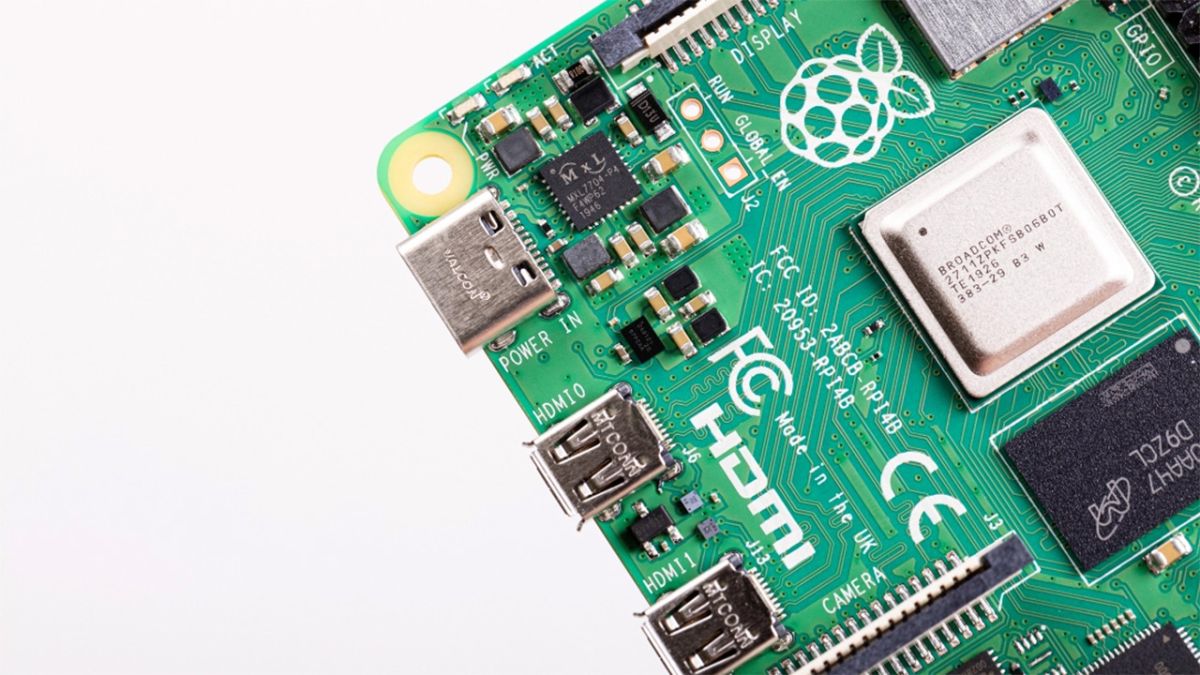- 10 Posts
- 98 Comments
These are the same well-rehearsed arguments that I’ve been making for over a year now.
I can’t see the deal being allowed to go ahead - free trade, it seems, has its limits! :P
But whatever happens : Arm is the undisputed loser. Manufacturers will be questioning Arm’s management, wondering just how stable the company is.
If the deal doesn’t go ahead, Arm will either be floated, or some sort of consortium will be formed between those who use the ISA. In either case, Arm will need to seek out further funding, and compete for projects which are well-funded.
Meanwhile Arm are right to point out that RISC-V has spent the uncertainty maturing its ISA and gaining popularity with OEMs… It might not be too long before they aren’t so reliant on ARM to develop their products.
IF the deal were to go ahead, Arm would be stripped for parts. And everyone will be putting in practice their contingency plan to go with RISC-V.
I absolutely agree with you!
What happens to Arm if the deal doesn’t go ahead?
I think they’re right to fear a flotation - the ROI has been surprisingly low for a company that’s supposed to be worth US$40B… And Arm are looking to raise money, not produce profits just to give the money to investors.
Qualcomm’s idea of users of the ISA clubbing together to maintain it - I guess more-or-less the Foundation model - might raise some money… but wouldn’t that reduce Arm to custodians of the specification?
Arm could open source the ISA… That would probably consign RISC-V to the classroom… but it would diminish Arm Ltd. too.
: Chip designers for hire, and scrabbling for funding the next processor.
I would say that RISC-V is going to be competing in all areas, and possibly more quickly than many realise.
- It’s already competitive in the microcontroller arena
- more capable processor designs are being worked on
- There’re hints of GPUs, and
- RISC-V is competing in the emerging markets - going head-to-head with Arm.
The RISC-V Foundation increased by 133% last year, and with that came funding and greater visibility. The momentum seems to be with RISC-V, and ARM is in the doldrums.

 6·4 years ago
6·4 years agoI’m obviously delighted to read an advert promoting Linux over Windows and MacOS from Computerworld, and agree with their reasoning. But I’m also a bit flabbergasted, to be honest!
I wish they had also mentioned all the data mining that we know goes on with Windows, and that we assume goes on with Apple’s OSs too. How those OSs can be considered secure, I don’t know.
I really hope companies, governments and individuals will at least consider deploying a Linux distribution over the next couple of years, rather than retiring their hardware, and signing up to Windows11.
Yes… I think that’s probably the solution : find an old laptop, and flash something user-friendly onto it. Make sure it’s got LibreOffice, a browser and an email client (if that’s her thing).
This is a really good piece. Thank you for sharing it.
That’s a truly astonishing graphic!

 1·4 years ago
1·4 years agoAnother vote for Nextcloud from me.
Fair enough - remove the post then.

 0·4 years ago
0·4 years agoThe hope is, of course, that the people we elect to govern us have the time and the intellect to scrutinize the data, and the arguments, and take the right decision when the vote arrives. And also that there are checks and balances by going through parliamentary procedure.
The concern is, of course, that the parliamentary process can be corrupted in many ways, from gerrymandering constituencies, to coalitions with their deviation from promises given before the ballot, to general politicking gamesmanship, to cash-for-questions (and, in my opinion, by the whip too). Politicians are susceptible to putting party, political dogma or even personal interests before those of the people they’re representing.
Take the three recent UK referenda… The referendum on voting reform got torpedoed by the question posed. As for the two independence votes; one might have thought that millions of votes would give a more nuanced, more accurate outcome. It turned out that at ~50:50, the people were really saying “we don’t know”. An honest statement, actually. So were the referenda a huge waste of time and money? idk.
Question of the day! Obviously there are no definitive answers. So I’ve only got more questions… sorry.
I wonder if our tech choices project our thoughts / feelings / worries…
Hardware… Do we buy a certain brand as a talisman to tell the world we belong to a particular club? And do we put stickers on our laptops to emphasise that? Do we get the latest bit of kit to say “I’ve made it”? Does staring at a screen isolate us from engaging with those around us? And do we actually want that? A nicer world inside the device than outside? Do we prefer the voices in our tech to those in real life?
Software… Do we play multi-player games just for interaction with others? Are we using social media to ‘piss into the wind’? Or do we want / need to engage with others? Is Lemmy a club of like-minded individuals, where we feel safe and secure in the knowledge that - mostly - people here think / feel the same way as I do? Are we addicted to up-ticks to confirm our views? Or to massage our ego that we’ve got a certain level of popularity?
An interesting question.
It’s certainly true that some languages or accents sound harsher, and others softer due to the frequency and groupings of consonants and vowels. They might even be considered more masculine or feminine…
But I agree with the other contributors : it’s a matter of personal taste, born out of experience, I guess.

 1·4 years ago
1·4 years agoIf there is no dedicated team, then who are you going to call for help? Well I guess that depends on the nature of the problem and the person with the problem… a family member, a more techie colleague or friend, or an IT shop.
all the school I have seen use windows and Microsoft office Me too - something I really don’t understand at all. And something which really needs to change.
This is a decision higher in the organization. Again, you’re right. It’s persuading the people who make these decisions that not only is open source at least as good, but that it’s the smart move too.
I worked as an IT for four years My condolences.

 0·4 years ago
0·4 years agoWell… ignoring for a moment the tens of thousands of RaspberryPi that millions of kids will have had exposure to RaspberryPi OS on through code clubs, or as replacement computers (which is becoming more common), and all the Google devices used in one way or another…
- All the secondary schools I’ve worked at have had Technicians in the IT department. And
- as for primary schools, the tech competency of a teacher is the same whatever OS they happen to be using… If something goes wrong with the tech that they don’t know how to fix : they call for help.
It’s becoming obvious to me that one of the most significant obstacles to the adoption of Linux, is the attitude of techies, who want to keep it for themselves, because they get a kick out of wearing the “I’m techie enough to use Linux” tee shirt. :/

 0·4 years ago
0·4 years agoWhat utter nonsense, really.

 2·4 years ago
2·4 years agoI used to have it, and really liked it.
It saved on wear and tear of both the cable and, particularly, the connectors too.











To be honest, most people don’t give a thought to the OS they use. They haven’t considered the ethics/politics. They’ve probably never even seen a Linux GUI. They bought a device with an OS preinstalled and, so long as it has the apps they want to use : that’s fine. Heck! many of them are still on Vista.
The inertia to change (anything) in enormous : fundamentally, we’re conservative, and lazy, (and frightened) as a species, and if something works… don’t mess with it.
I am cautiously optimistic for Linux though, because I can see a couple of catalysts for a sea-change.
Firstly Windows11 - which increasingly relies on an internet connection, and a log in. I think this will bar Micro$oft from poorer communities. And I think it might make governments and businesses wonder what information they’re mining.
Secondly the tech trade war - China is one of the biggest producers, if not the biggest producer of electronics, and they constitute 20% of the market too… And they’re moving away from US proprietary systems : The electronics which are going to be coming out of China is going to have an Open Source OS.